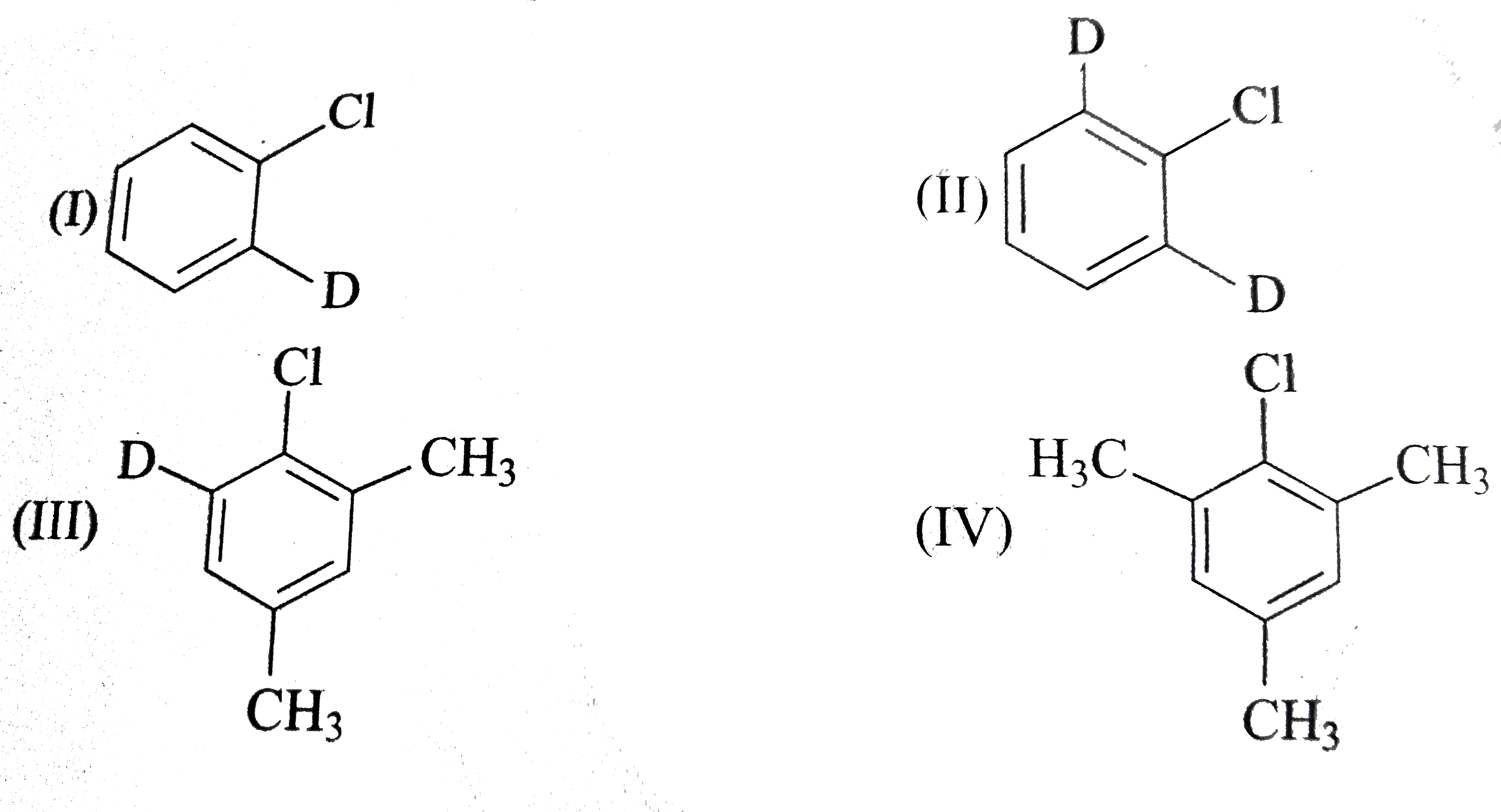Which of the following undergoes nucleophilic substitution exclusively by SN1 mechanism?
A
Ethyl chloride
B
Isopropyl chloride
C
Chlorobenzene
D
Benzyl chloride
Video Solution
Text Solution
The correct Answer is:D
benzyl carbocation is stable due to resonance
|
Topper's Solved these Questions
- HALOALKANE AND HALOARENESBOOK - NARAYNACHAPTER - HALOALKANE AND HALOARENESEXERCISE - EXERCISE - 4
59 Videos
- HALOALKANE AND HALOARENESBOOK - NARAYNACHAPTER - HALOALKANE AND HALOARENESEXERCISE - EXERCISE - II (H.W)
28 Videos
- F-BLOCK ELEMENTSBOOK - NARAYNACHAPTER - F-BLOCK ELEMENTSEXERCISE - CHECK YOUR GRASP
2 Videos
- HALOGEN COMPOUNDSBOOK - NARAYNACHAPTER - HALOGEN COMPOUNDSEXERCISE - Passage 13
1 Video
Similar Questions
Knowledge Check
Which of the following undergoes nucleophilic substitution exclusively SN1 mechanism?
ABenzyl chlorideBIsopropyl chlorideCChlorobenzeneDEthyl chlorideWhich of the following undergoes nucleophilic substitution exclusively SN1 mechanism?
ABenzyl chlorideBEthyl chlorideCChlorobenzeneDIsopropyl chlorideWhich of the following haloakane undergoes nucleophilic substitution reaction by SN2 mechanism only
ACH3BrBCH3CHBrCH3CC2H5CHBrCH3D(CH3)3CBr
Which of the following easily undergo nucleophilic substutition by SN1 mechanism in butanol
View SolutionWhich of the following easily undergo nucleophilic substutition by SN1 mechanism in butanol
View SolutionWhich of the following compounds undergoes
nucleophilic substitution most readly?
View SolutionWhich of the following will not undergo nucleophilic aromatic substitution ?

View SolutionWhich the following compound undergoes nucleophilic substitution reaction most easily
View Solution